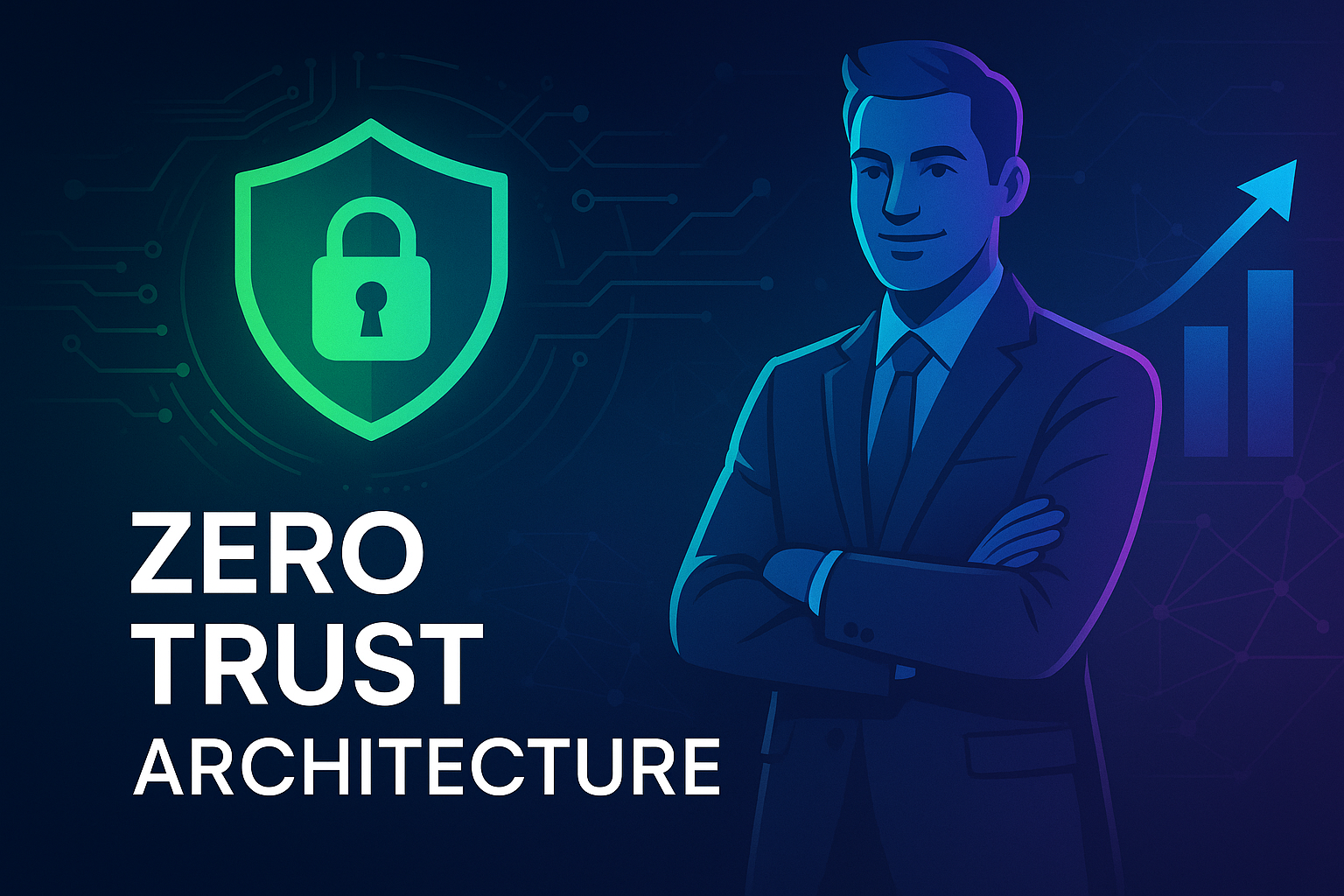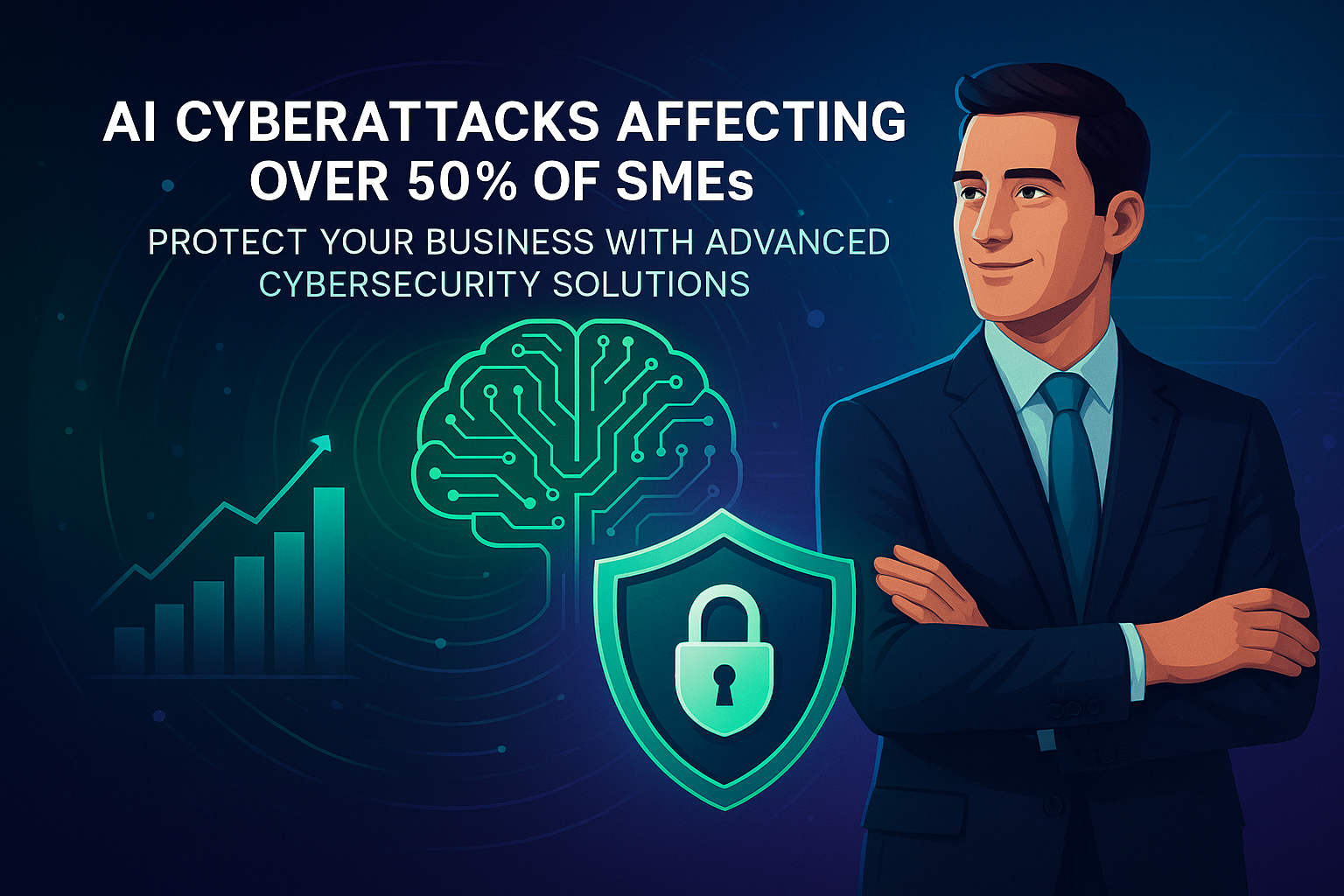KrebsOnSecurity Threatened with Defamation Lawsuit over Fake Radaris CEO
In June 2024, Brian Krebs, the renowned cybersecurity journalist behind KrebsOnSecurity, revealed that he was threatened with a defamation lawsuit over a post involving a fake Radaris CEO. This situation has raised numerous discussions within the cybersecurity community about the implications of reporting on potentially fraudulent activities and the legal ramifications that may ensue. As a company dedicated to cybersecurity services, Hodeitek provides insights into this high-profile case and its relevance to our main market in Spain and the European Union.
The Background of the Incident
The story began when Krebs published an investigation exposing a fraudulent individual posing as the CEO of Radaris, a controversial online data aggregation service. Krebs has a significant track record of uncovering deceptive practices and warning the public about security threats, making his investigative work crucial in highlighting these issues.
However, the revelations led to an aggressive response from the accused party, involving legal threats and defamation claims. This response aims to discredit Krebs’s findings and potentially silence further investigations that could undermine the operations of dubious entities.
Legal Implications and Challenges
Defamation lawsuits in the context of cybersecurity journalism are particularly complex. On the one hand, journalists play a pivotal role in exposing malpractices and protecting the public. On the other hand, the accused parties frequently deploy legal mechanisms to counteract these efforts, sometimes resorting to Strategic Lawsuits Against Public Participation (SLAPP) to intimidate and silence critics.
The European Union, like many regions, prioritizes freedom of the press while also safeguarding individuals’ rights against unwarranted defamatory attacks. It’s crucial for journalists and cybersecurity professionals to navigate these legal landscapes strategically. At Hodeitek, we emphasize the significance of understanding these legal frameworks to effectively combat cybercriminal activities.
Relevance to Cybersecurity in the EU and Spain
In Spain and across the European Union, the implications of such legal threats are substantial. The General Data Protection Regulation (GDPR) imposes stringent controls and penalties on entities that mishandle personal data, highlighting the importance of transparent and ethical data practices. For businesses and cybersecurity experts, staying compliant with laws and maintaining robust cybersecurity measures is critical.
Moreover, this incident underlines the necessity of expert cybersecurity services to mitigate risks and safeguard reputations. Companies must proactively manage their online presence and remain vigilant against fraudulent impersonations and other cyber threats.
Hodeitek’s Commitment to Cybersecurity
At Hodeitek, our commitment to cybersecurity stands unwavering. Our Cybersecurity services are designed to protect our clients from a wide range of threats, including data breaches, fraudulent activities, and cyber attacks. With a focus on both preventive measures and responsive strategies, we help businesses navigate the complex cybersecurity landscape effectively.
- Comprehensive Threat Analysis: We conduct detailed threat assessments to identify and mitigate potential risks.
- Compliance with Regulatory Standards: Our services ensure adherence to legal frameworks such as GDPR, helping clients avoid legal repercussions.
- Incident Response: We provide swift and effective response strategies to minimize the damage from cyber incidents.
The case involving KrebsOnSecurity underscores the critical role of cybersecurity in protecting against deceptive practices and maintaining the integrity of digital ecosystems. By leveraging our expert services, businesses in Spain and the EU can bolster their defenses and safeguard their operations against emerging cyber threats.






